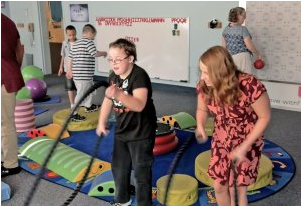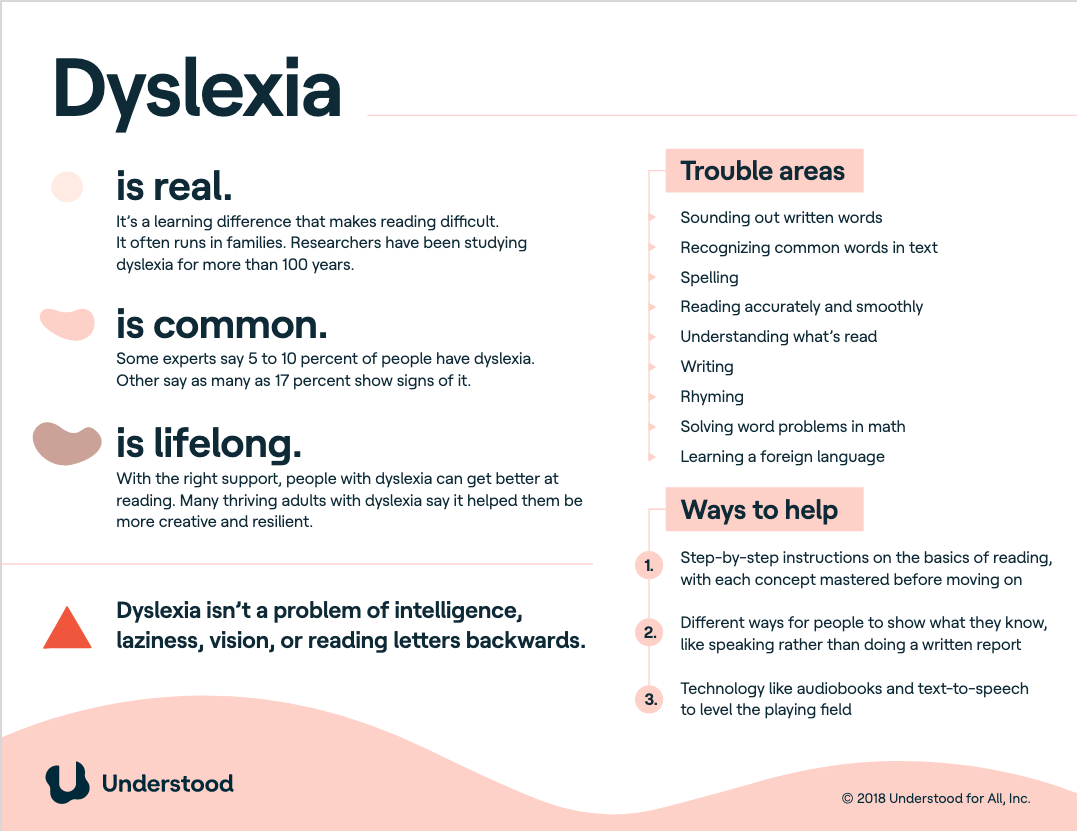 Many children on the autism spectrum may show developmental differences during their infant and toddlers years, especially in social and language skills.
Many children on the autism spectrum may show developmental differences during their infant and toddlers years, especially in social and language skills.
The following information from the American Academy of Pediatrics (AAP) explains three of the early signs of autism spectrum disorder (ASD) in young children.
Delay in or lack of joint attention
Delays in joint attention skills are found in most children with ASD.
What is joint attention?
Joint attention is looking back and forth between an object or event and another person and connecting with that person. It is a building block for later social and communication skills. Engaging in many back-and-forth social interactions, such as exchanging a lot of emotional expressions, sounds and other gestures, is called reciprocal social interaction.
Stages of joint attention in babies & toddlers
For example, below are ages when babies and toddlers toddlers typically use and understand gestures at the following times, compared with young children on the autism spectrum.
Using & understanding gestures such as pointing
By 12 months of age
- Most children can immediately look in the direction of an object a parent is pointing at. They will then look back at the parent and mimic the parent’s expression, usually a smile.
- Children on the autism spectrum may appear to ignore the parent. This can cause parents to worry about their child’s hearing.
By 15 months of age
- Most children can point to out-of-reach objects that they want.
- A child on the autism spectrum may instead take a parent’s hand and lead the parent to the object without making much, if any, eye contact. Sometimes the child may even place the parent’s hand onto the object itself.
By 18 months of age
- Most children point at objects they find interesting. Children will look back and forth between an object and a parent to make sure the parent is tuned-in to what they are looking at.
- Children on the autism disorder spectrum will often point to an object because they want a parent to get it for them, not because they want the parent to enjoy looking at the object with them.
Language delays & differences with ASD
Almost all children on the autism disorder spectrum show delays in nonverbal communication and spoken language. For example, you may notice differences such as:
The use of labels
A child on the autism spectrum may have words they use to label things, for example, but not to ask for things. They may use words for objects before using words for people or family members.
Echoing & repeating
Most young children go through a phase when they repeat what they hear. Children on the autism disorder spectrum may repeat what they hear for a longer period. They also may repeat dialogue from movies or conversations with the tone of voice they heard them in. This is called parroting or echoing.
Regression in developmental milestones & skills
About 25% of children later diagnosed with autism spectrum disorder may develop some language that they suddenly or gradually stop using. Typically, this may happen between the ages of 15 and 24 months. They might also become more socially withdrawn. This change is called a regression in skills.
Screening toddlers for ASD
The AAP recommends that all children be screened for autism spectrum disorder at their 18- and 24-month well-child checkups, in addition to routine developmental surveillance.
Excerpted from “3 Early Signs of Autism Spectrum Disorder (ASD)” from healthychildren.org, an American Academy of Pediatrics website. Additional details are available in the full article online.
Source: healthychildren.org | 3 Early Signs of Autism Spectrum Disorder (ASD), https://www.healthychildren.org/English/health-issues/conditions/Autism/Pages/Early-Signs-of-Autism-Spectrum-Disorders.aspx | © Copyright 2023 American Academy of Pediatrics
To schedule an evaluation or to get advice, call or email a CHC Care Coordinator at 650.688.3625 or careteam@stage.chconline.org CHC teletherapy services are available now.





